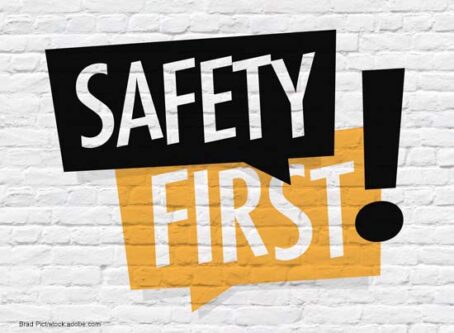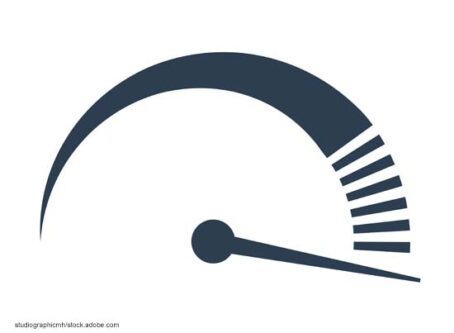Ohio House approves oil and gas brine for de-icing roads
An effort halfway through the Ohio statehouse is intended to help keep the state’s roadways clear during winter storms. House lawmakers voted 54-33 to advance a bill to permit the use of brine from vertical oil and gas drilling for roadway de-icing. The bill, HB393, now moves to the Senate.
The brine is waste water with a high saline content that includes other substances. The waste results from the use of fluids to stimulate oil and gas well operations.
The Ohio Department of Transportation has used brine from drilling operations for helping to clear roadways but a 2014 state law placed restrictions on sales of fracking byproducts. As a result, use of brine from vertical wells was affected.
Sponsored by Rep. Anthony DeVitis, R-Green, the bill would set conditions and requirements for the sale of brine from certain oil or gas operations as a commodity for use in activities that include deicing.
Processed or recycled brine originating from oil and gas production at horizontal fracking wells would not be permitted.
Specifically, the legislation would require that a holder of a permit, order, or approval to dispose of brine who wants to sell brine as a commodity show that the intended use is not expected to result in damage or injury to public health, safety or the environment.
Critics say they are concerned the liquid contains dangerous and radioactive chemicals.
Advocates say the product is a safer and less corrosive alternative to rock salt to help clear roads of ice.
Speaking on the House floor prior to the bill’s passage, DeVitis said HB393 seeks “to modify an Ohio law that is currently hampering business entrepreneurs, and stifling the technology they are using to help make better, and safer, the use of filtered brine solution in Ohio.”
DeVitis said it is certified as one of the most effective and safe deicing products available. He added that 34 state transportation departments use the product.
Rep. Al Landis, R-Dover, added that the bill promotes the recycling of saltwater brine produced by Ohio’s conventional vertical wells.
“It is brine that is produced naturally. It does not come from the deep shale wells that are so much in the news,” Landis told House lawmakers. “The brine is extremely effective in keeping our roads safe, and has been used since around 2004.”
The bill awaits assignment to committee in the Senate. Time to pass the bill, however, is running out. The current two-year session ends on Dec. 31.









